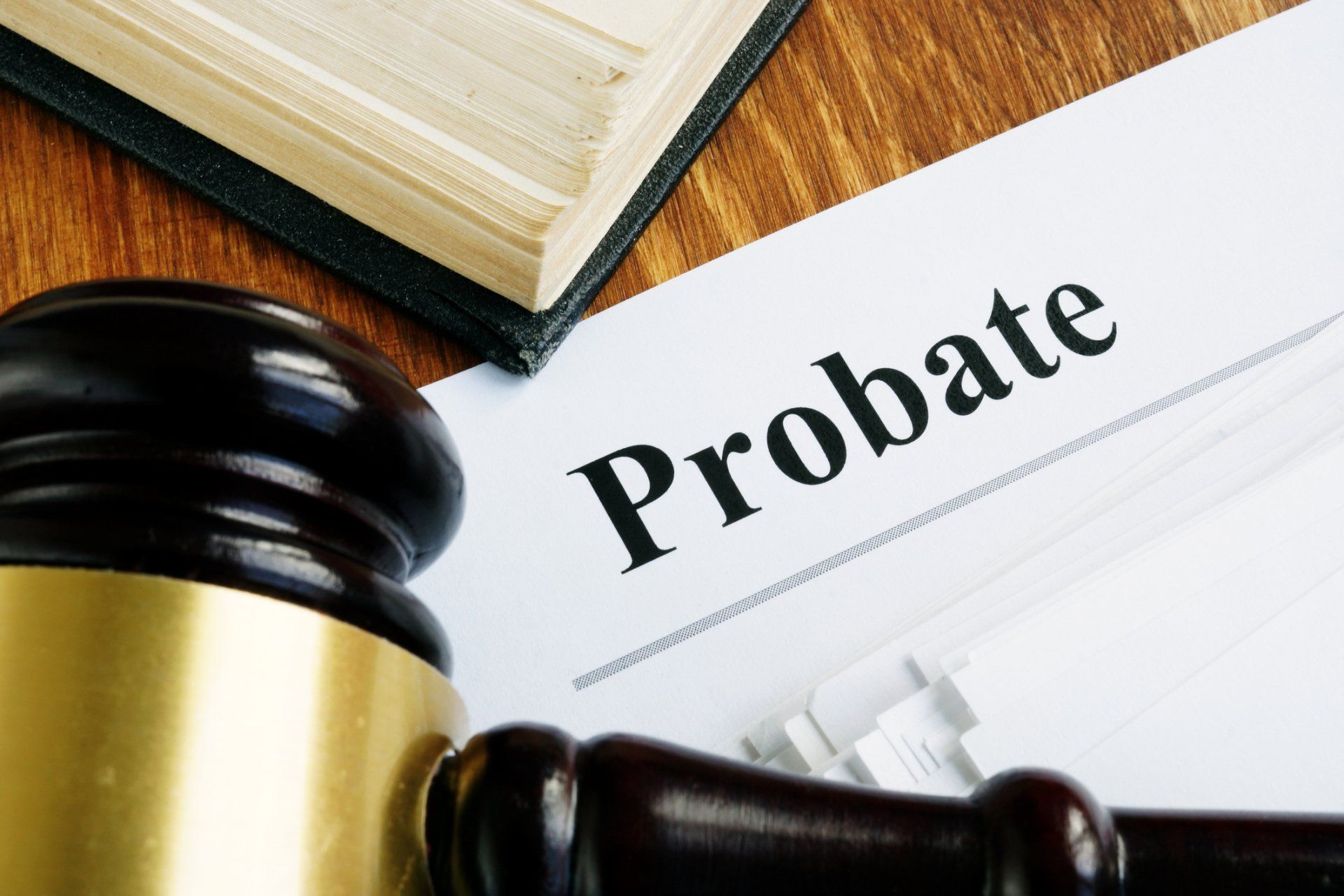Financial Assistance with Estates & Trusts

What is probate administration?
It can be overwhelming to figure out what to do in the event of one’s death. Probate administration, sometimes called estate administration, is the legal process of finalizing what happens to the deceased one’s belongings and estate. This includes closing any financial loose ends, making sure the will is upheld, dividing up assets accordingly, and more. We know this is a delicate matter, and we won’t take it lightly, We will listen to everyone’s side of the story, listen carefully, and work together until we come up with a solution that everyone can be happy with.
Commonly Asked Questions
Do I need a living trust?
Having a living trust is important in the event of an accident or sudden illness as it will help to ensure that your assets will be managed according to your wishes and your designated beneficiaries can receive your assets.
Generally, a couple with a house and/or with children may benefit with a living trust as their assets and their heirs can avoid a timely and costly probate process.
The assets held in your living trust could be managed by the trustee and distributed according to your directions without court supervision and involvement. Because the trust would not be under the direct management of the probate court, your assets and their value (as well as your beneficiaries’ identities) would not become a public record.
Why Do I Want to Avoid Probate?
If your assets (those in your name alone) are not in a living trust when you die, or do not otherwise pass by “beneficiary designation,” and the total of such assets exceed a specified threshold (currently $150,000), they would be subject to probate.
Probate is a court supervised process for transferring assets to the beneficiaries listed in one’s will.
After your death, a petition would be filed with the court (usually by the person or institution named in your will as the executor). After notice is given, a hearing would be held. At the hearing, your will would be admitted to probate and an executor would be officially appointed.
An inventory of your assets would be filed with the court and notice would be given to your creditors so they could file claims. The process would end once the court approved a final distribution of assets.
Probate can take more time to complete than the distribution of property held in a living trust. In addition, assets tied up in probate may not be as readily accessible to the beneficiaries as those held in a living trust.
The cost of a probate is often greater than the cost of managing and distributing comparable assets held in a living trust.
How We Can Help
We help lawyers and will executors that needs an accountant to take care of the financial side of estates and wills, such as closing on houses and distributing finances, as well as taxes. We’ll make sure the will is upheld, pay close attention to detail, and ensure everyone understands what is going on during the process.
To get started, call or send us a message, telling us what you need. Then, we’ll schedule a consultation.
Call or send us a message if you need help with the financial side of estates and trusts.